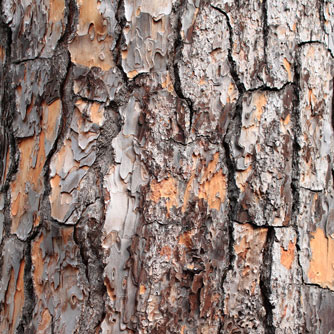An estimated 50 million Americans will experience some degree of tinnitus in their lifetime, a hearing condition that causes the constant misperception of sound, including hissing, ringing and rushing noises. In a study conducted by the Chieti-Pescara University (Italy), 82 patients, ages 35 to 55 years, with mild-to-moderate tinnitus in only one ear (the other ear is unaffected), were studied for a four-week period. Tinnitus in all subjects was a result of restricted blood supply to the inner ear, as measured by high resolution ultrasonography imaging of their cochlear blood flow. Patients were assigned to one of three groups: the first group (24 subjects) received 150 mg/day of proprietary pine bark extract, the second group (34 subjects) received 100 mg/day of proprietary pine bark extract, and the third group (24 subjectsa) received no extract and served as control. The team found that after four weeks of treatment with the pine bark extract, inner ear systolic and diastolic blood flow velocities in the affected ear rose to an average of 21.2 and 8.23 cm/sec in the low dose group and to 24.3 and 12.5 cm/sec in the high dose group. The researchers also documented improvements in the symptoms of tinnitus. Four weeks of pine bark extract produced marked reductions on symptoms as rated using a standardized tinnitus scale, demonstrating a dramatic reduction of the disturbing background noise in the effected ear, whereas there were no significant changes within the control group. The team concludes that: “These results suggest that in selected patients with tinnitus and altered perfusion, [pine bark extract] is effective in a short period of time in relieving tinnitus symptoms by improving cochlear blood flow.”
Pine Bark Extract Helps to Improve Tinnitus
Grossi M. G., Belcaro G., Cesarone M. R., Dugall M., Hosoi M., Cacchio M., Ippolito E., Bavera P. “Improvement in cochlear flow with Pycnogenol(R) in patients with tinnitus: a pilot evaluation.” Panminerva Medica 2010 June;52(2 Suppl 1):63-8.
RELATED ARTICLES




